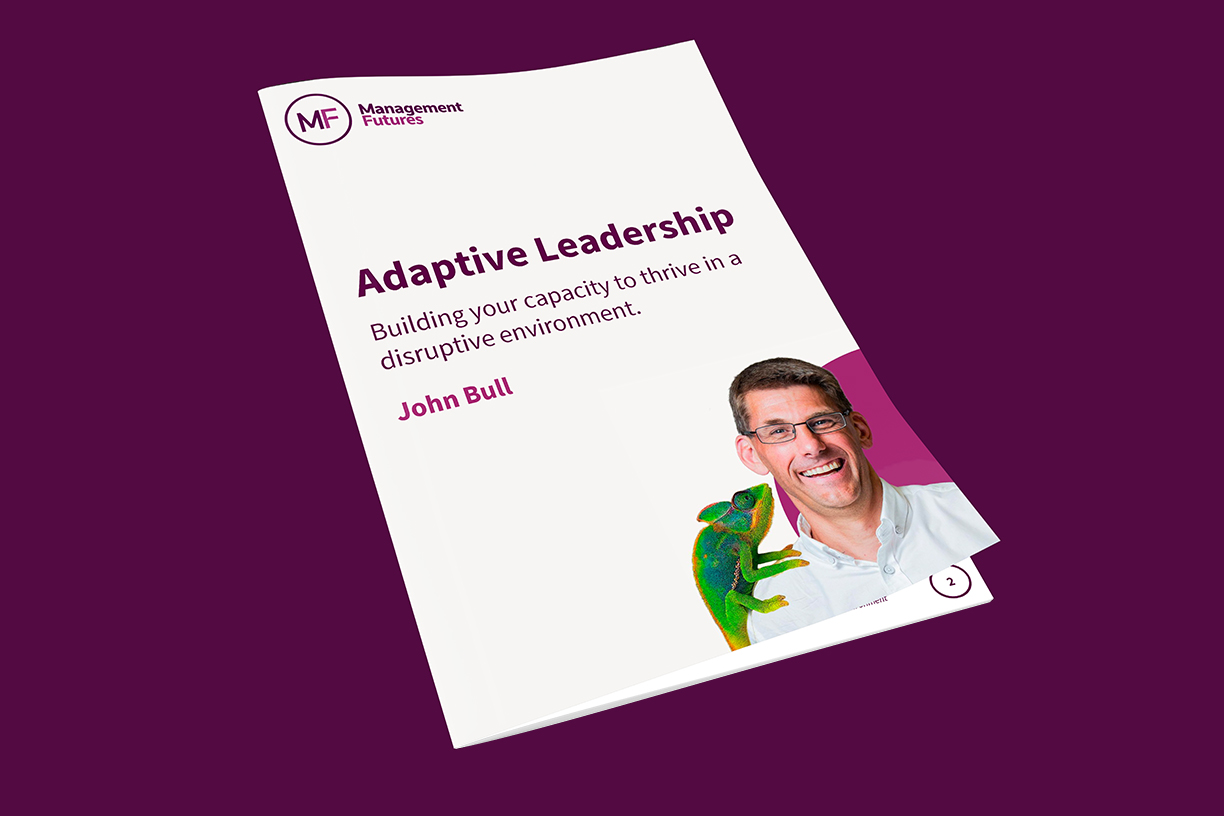In January 2000, Greg Dyke stood in front of a room full of staff. He was the newly appointed Director General of the BBC. The BBC was in a bad situation.
In just over 15 minutes, Dyke reignited the confidence and creative flare of the organisation. To quote one email sent to him the next morning: "I’ve woken with a strange feeling. It’s motivation I think. Not bad for a short talk from an old, balding man with a speech impediment. Thank you."
How did he do it? He told five stories. The first three were of programmes that he believed highlighted the unique place in the world that only the BBC can fulfil. He spoke of the night after 9/11 when the Question Time team had the courage to hold a debate about American Foreign policy. He spoke of Attenborough’s wildlife programmes, and of the risks taken to launch new comedies like Monty Python. He then gave an example of programming BBC should never be a part of – it was some sort of ‘fly on the wall’ documentary which had good ratings but little public value. And finally, he painted a vision of a digital future where people would be able to access any programme from the BBC’s archive, anywhere, anytime. This was 5 years before YouTube was launched.
The ‘curse of knowledge!' - why so much communication fails:
In 1990, Elizabeth Newton earned a PHD in psychology from Stanford by studying a simple game in which she assigned two roles: 'tappers' and 'listeners'. Tappers received a list of well known songs (Happy Birthday, their National Anthem, Beatles hits etc), and were asked to pick a song and tap out the rhythm to a listener, by tapping on the table. The listeners job in the game is more difficult than you might think, listeners only guessed correctly about 2% of the time(i.e. only 2 in every 100 attempts). But what was interesting was that the tappers expected that the listeners should get it right most of the time, and predicted success rate of better than 50%! Why did the tappers so overestimate their ability to communicate the tune? The answer to that question tells us a lot about why so many people struggle to make their communication of important messages stick. The reason they were so confident is that it's impossible to tap out a song without also hearing it inside your mind (try it for yourself with a tune), and thus it’s impossible for them to imagine what it is like to not have this full story. This effect is re-enacted every day in failed communications. When a senior manager talks about something like the need to ‘create more value for customers’, there is a story playing in their head around what this means to them, which the audience can't see or hear.
How stories solve this:
Our brains are hardwired to receive information in the form of stories. As humans it is how we have passed on knowledge for thousands of years.
When we start listening to a story, our brains release increased levels of the hormone oxytocin, inducing a sense of empathy with the person telling the and a connection with everyone else who is listening with us. We create a vivid video of the action in our minds, which is both memorable and emotive. Think back to the last conference you attended. I’m willing to wager the only thing you remember is the stories and examples people shared.
How to start using stories more:
If you’re not using stories in your communication as a leader, you’re ignoring one of the most powerful tools we have to inspire people and move them to action.
Here are five ways you can immediately make more use of stories to improve the impact of your communication:
- Improve our persuasion with examples. Rather than make a general point like ‘we need to improve health equalities’, a GP tells the story of a surgery that has had three cases of rickets in the last year, a condition which is virtually unheard of in the UK.
- Creating an exciting vision of the future which inspires people. Steve Jobs of Apple gave the ‘i-Pod’ project team a brief to enable us to carry ‘a thousand songs in our pocket’. He also folded a piece of card and told his engineers that’s what a laptop should look like. It took 4 years, but that piece of card was the inspiration behind the ‘Macbook Air’.
- Brand important values or behaviours with a memorable analogy: Sports coaches use this a lot. A rugby team talks about a ‘wolf pack’ defence. It conveys so much about how the coaches want players to play. It does it in two words. It’s memorable.. W L Gore (makers of Gortex) encourage employees to take risks and make decisions, provided they’re confident it’s ‘above the waterline.’ Meaning we can fix any issue, provided it isn’t a hole below the water line that could sink us. Pixar uses the term ‘brains trust’ to describe a peer group who come together to critique each movie every 4-6 weeks. The phrase ‘brains trust’ creates a feeling of respect for the ‘brains’ in the room, encouraging listening and candour.
- Delve into details when unpicking successes and failures to increase learning. For instance, its relevant to know that Sullenberger, the pilot who landed on the Hudson, took time to look over his co-pilot Jeff Skiles’ profile the night before their flight. From this he knew that he was somewhat of an expert in how to restart engines that had burnt out. This was a major factor in Sully’s decision to take over the controls, freeing up Skiles to attempt a restart.
- Use questions to help people write their own stories. Some of the most powerful coaching questions we can ask are those that help people write a new story for themselves. E.g. If you knew anything was possible…what would you set out to do? What legacy do you want to leave? Let’s imagine it’s 5 years from now. You’re successful…What does that look like?







